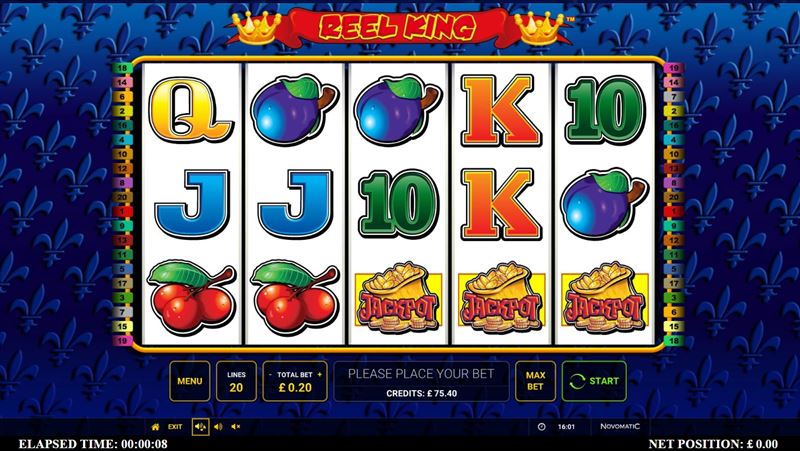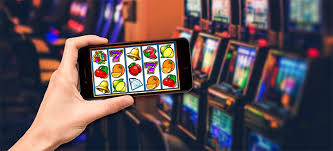Exploring the Role of Blockchain in Online Casinos for Bangladeshi Players 0

Exploring the Role of Blockchain in Online Casinos for Bangladeshi Players
In recent years, the world of online gambling has undergone a technological revolution with the advent of blockchain technology. Exploring the Role of Blockchain in Online Casinos for Bangladeshi Players jaya9 login is just one platform that embodies this change. This article delves into how blockchain enhances the online casino experience for Bangladeshi players, and why it is becoming a preferred platform for gaming enthusiasts.
Understanding Blockchain Technology
Blockchain technology is essentially a decentralized digital ledger that records transactions across multiple computers. This ensures that all transactions are transparent, secure, and immutable. For online casinos, this technology offers a new layer of trust between the operators and the players. By utilizing blockchain, casinos can verify that games are fair and that results are not manipulated.
Security and Privacy
For Bangladeshi players, security and privacy are paramount when engaging in online gambling activities. Traditional online casinos often require personal information that can be at risk of data breaches. Blockchain, on the other hand, uses pseudonymous transactions, allowing players to gamble without revealing their identity. This significantly reduces the risk of fraud and identity theft, making players feel safer and more comfortable while wagering their money.
Transparency and Fairness
One of the major advantages of blockchain technology in online casinos is the transparency it offers. Every transaction made on the blockchain is recorded in a public ledger, ensuring that players can verify the integrity of their gaming experience. Players can access information about odds, payouts, and the random number generators (RNGs) used in games. This transparency builds trust and gives players the confidence that they are not being cheated.
Instant Transactions and Lower Fees
Blockchain allows for faster transactions compared to traditional banking methods. This is especially beneficial for Bangladeshi players, who often face long processing times and high fees when withdrawing their winnings. With blockchain technology, transactions can be executed almost instantaneously, and the fees are considerably lower. This makes the online gambling experience more enjoyable as players can access their funds without unnecessary delays.

Decentralized Gaming Platforms
Another exciting development in the world of online casinos is the emergence of decentralized gaming platforms. These platforms allow players to engage in gambling activities without the need for a central authority. By using smart contracts, which are self-executing contracts with the terms of the agreement directly written into code, players can gamble in a completely peer-to-peer environment. This not only enhances transparency but also reduces the risks associated with centralization.
Compliance and Regulation
The regulation of online gambling varies significantly from country to country. In Bangladesh, where online casinos operate in a grey area, the introduction of blockchain technology can provide a more regulated and compliant landscape. With blockchain, operators can ensure that they adhere to legal requirements while providing a safe gaming environment. Additionally, it can attract more investment into the local gambling industry, contributing to its growth.
Future Prospects of Blockchain in Online Casinos
The integration of blockchain in online casinos is still in its infancy, but its potential is enormous, especially for Bangladeshi players. As the technology continues to evolve, we can expect to see more innovative features that enhance user experience, such as augmented reality (AR) or virtual reality (VR) casinos powered by blockchain. This could lead to a more immersive gaming experience that further captivates players.
Challenges and Limitations
While blockchain technology offers numerous benefits, there are also challenges and limitations. One significant hurdle is the volatility associated with cryptocurrencies, which can scare off potential players. Many are still accustomed to dealing with traditional currencies and may not feel comfortable using cryptocurrencies. Furthermore, regulatory issues regarding the use of blockchain in gambling can also hinder its adoption in Bangladesh.
Conclusion
As the online gambling landscape continues to evolve, blockchain technology stands out as a game-changer for Bangladeshi players. Its promise of security, transparency, immediate transactions, and fair play are attractive features that can transform the online casino experience. While challenges remain, the potential benefits of blockchain are undeniable, and it is likely that more players will embrace these innovations in the coming years. The future of online gambling in Bangladesh, reinforced by blockchain technology, looks bright and full of possibilities.
